As a budding marathon runner, we're so excited for you! This is going to be an experience you will never forget. You might feel like we did our first time—incredibly nervous with no idea what to expect but hoping for the best. Regarding what to expect during your first marathon run, we've gathered expert tips from runners all over to prevent mistakes and help you have the smoothest first-time experience.
Have a Fuel Plan
Spectators and volunteers along the marathon route are fantastic, don't get us wrong. They can boost your mood and motivation as you run and give your mind something to focus on. In addition to that, many spectators or volunteers can provide essential items like water too. Whatever fuel you need, however, be it motivation or water—you shouldn't rely solely on spectators for that.
If plans change or depending on the location, you may find yourself running a stretch without anyone else around you. There's no predicting traffic, route changes, miscommunications, or severe weather. So when it comes to your fuel, have a backup fuel plan to ensure you don't run out!
What should you know about fueling? Learn to fuel before, during, and after running. Figuring out what to eat is tricky as it can be different for every runner. As a general guide, consider low-fat, low-fiber foods and low-fat to moderate protein to ensure you don't need to make any mid-way bathroom breaks.
What you should eat before you run will depend on how long your marathon will be. If it's less than 90 minutes, for example, a small snack will be perfect. Longer than that, and you'll need carbs on top of that small snack.
Chafing Will Happen
You're probably familiar with a few horrific scenes of runners crossing the finish line with bloodied shirts, and chafing while running will happen. But, with the right know-how, you can help prevent or even treat it to make running your first marathon easier.
• Petroleum jelly is fantastic. Use it to cover any area you think will chafe. Don't have any? Lip balm surprisingly works well to help protect skin and soothe chafing.
• Ditch cotton because it absorbs sweat, and the salt from sweat is a significant factor in skin chafing.
• Go all seamless and tagless with your clothes, as these items are also guilty of causing uncomfortable chafing while running.
• Nipple protection for men is a must. Cover them with guards or shields.
Don't Rely On The Weather Person
The weather is about as predictable as, well, never mind. Despite what the weather channels and weather people are telling you, always pack for anything. Especially if you are going for a destination race and must pack bags and travel, make sure you pack clothing for the projected temps and clothing options for up to 15 to 20 degrees plus and minus those temps. Finding out too late that you've packed running gear that is too hot to wear during a marathon and finding yourself overheating is not the best experience.
And no matter what the weather says, prepare and pack for rain. How to make it easier to finish on a rainy day?
• Realize you'll get wet no matter what, but prioritize staying dry before the race begins. Wet clothes start to get heavy. Staying dry before the run prevents those wet clothes from weighing you down at the start. Stay inside when you warm up as long as possible.
• Avoid cotton material and anything too loose fitting. Opt for light apparel made from a dry-wicking material so your clothes won't hold moisture. If it's going to rain or you know it's raining, wearing the most lightweight clothing will save you from the extra water weight.
• Your sock choice is crucial. Avoid cotton socks. Pick a pair made from artificial materials designed for running. An expert runner once recommended wearing two pairs of thin socks and powdering feet to help manage excess moisture. Speaking of dry feet, consider wearing water-repellent shoes or spraying your favorite running shoes with a water-repellent spray.
• Wear a hat! Not only will this prevent rain from obscuring your eyesight, but it will also prevent sweat from mixing with rain and dripping into your eyes.
• If you don't have a rain-specific running jacket, drop by a local store and grab a poncho. They're easy to fold up and place in a running pocket or fuel belt, and you can throw this on to help you stay dry.
Despite Training: It's Going To Be Hard
Training is excellent preparation, but no matter how well you train, it will never truly prepare you for the first marathon. Avoid over-training is also a caution, as you don't want to drain your reserves and energy so much that it makes running your first marathon impossible.
• Learn about tapering. Tapering is when you reduce the amount of training you're doing the closer you get to your marathon. Research has shown for the best results at the marathon, you should do your longest pre-marathon run 3-4 weeks out from the actual race. After that, taper your training down in terms of distance to conserve energy when you need it most.
The truth is, almost every runner during marathon wonders or thinks they might drop out. However, everyone in the marathon with you is struggling with that same mental battle. A marathon is challenging, and it's just a universal truth that at some point, you will hit the psychological and physical wall of thinking you're not going to be able to finish. You'll feel discomfort and likely find yourself in pain during the marathon—and that's part of the experience.
You can do this and endure the pain, but expect the difficulty.
Running your first marathon will be a strange, exhilarating, complex, wonderful time. But hopefully, with our tips on what to expect during your first marathon, you'll be better prepared to tackle the unique challenges. Are you running your first marathon? Tell us all about it by tagging us on Instagram or Twitter. We love hearing from you, and good luck out there!
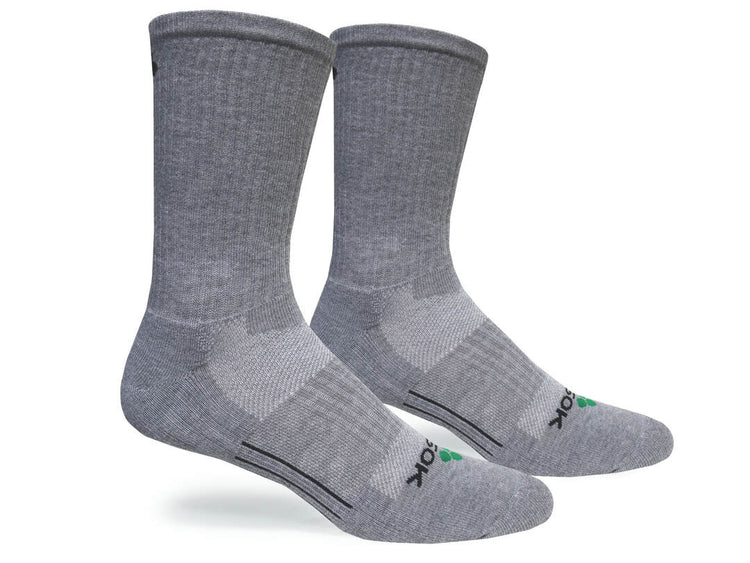
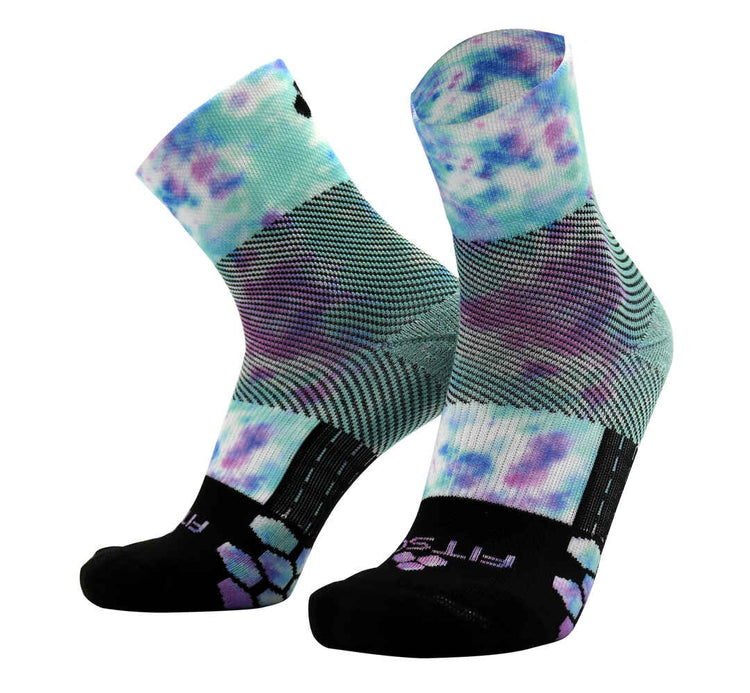
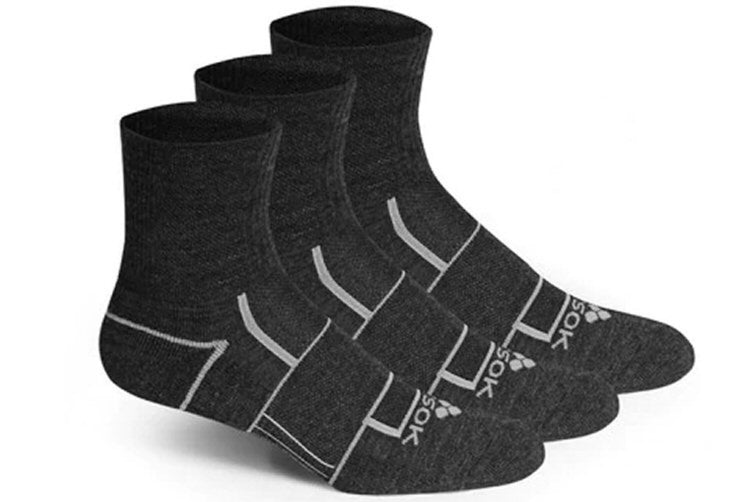
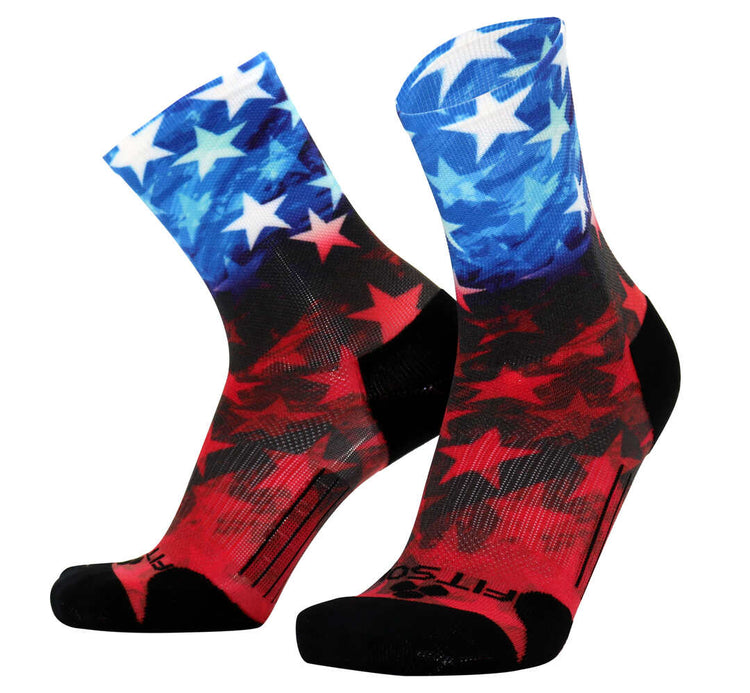
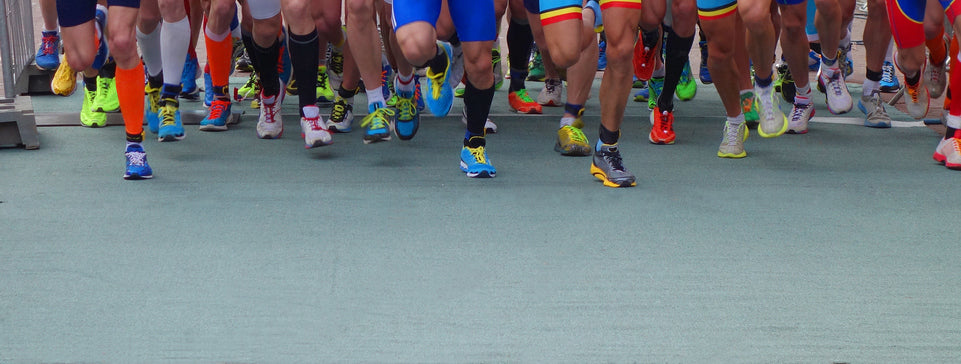
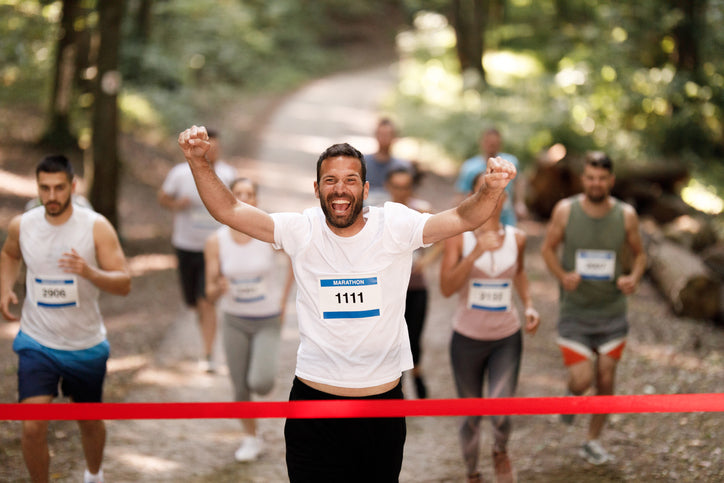
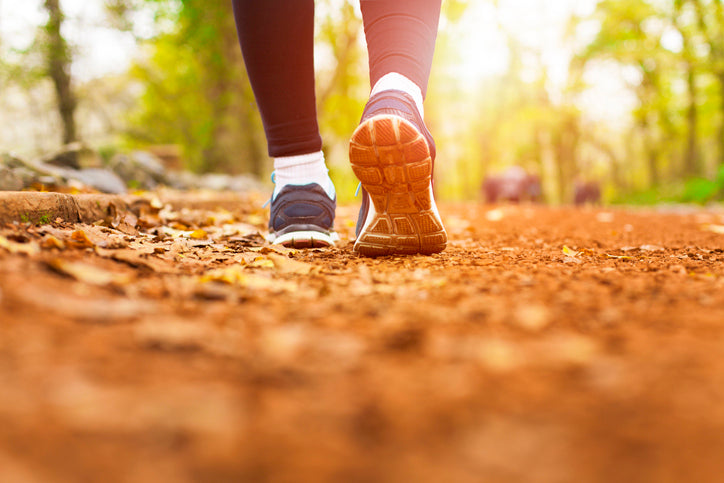
Leave a comment
This site is protected by hCaptcha and the hCaptcha Privacy Policy and Terms of Service apply.